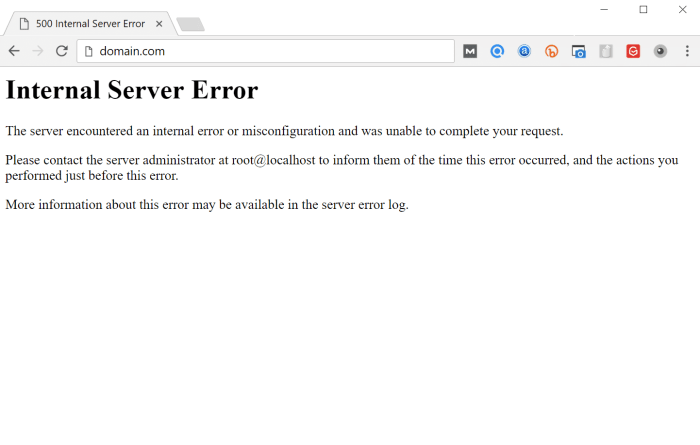Foundations for population health in community/public health nursing 6th edition – Embarking on an exploration of Foundations for Population Health in Community/Public Health Nursing, 6th Edition, this comprehensive guide unveils the intricate tapestry of population health, unraveling its key concepts, determinants, and strategies for improving the well-being of communities.
Within its pages, readers will discover the profound role of public health nurses as architects of population health, orchestrating initiatives that promote health, prevent disease, and address the social, economic, and environmental factors that shape health outcomes.
Foundations of Population Health

Population health encompasses the health status of a group of people, focusing on their collective well-being and the factors that influence their health outcomes. It considers the distribution of health and disease within a population, as well as the determinants of health that impact these outcomes.
Public health nurses play a crucial role in promoting population health by addressing the health needs of communities, implementing preventive measures, and advocating for policies that support healthy living.
Examples of Population Health Initiatives
- Community-based health screenings and vaccinations
- Health education programs aimed at promoting healthy behaviors
- Environmental health initiatives to reduce exposure to harmful pollutants
Determinants of Health: Foundations For Population Health In Community/public Health Nursing 6th Edition
The determinants of health are the factors that influence the health status of individuals and populations. These determinants can be classified into three broad categories:
- Social determinants:These include factors such as income, education, housing, and social support.
- Economic determinants:These include factors such as employment, poverty, and access to healthcare.
- Environmental determinants:These include factors such as air quality, water quality, and access to green spaces.
Public health nurses play a critical role in addressing the determinants of health by working with communities to improve social, economic, and environmental conditions that support health and well-being.
Health Assessment
Health assessment is the process of collecting and analyzing data about an individual’s or population’s health status. It involves gathering information through various methods, including physical examinations, interviews, and questionnaires.
Health assessment is essential for population health because it provides valuable information about the health needs of a community, identifies risk factors for disease, and helps monitor the effectiveness of health interventions.
Examples of Health Assessment Tools Used in Public Health Nursing
- Health risk assessments
- Community health surveys
- Environmental health assessments
Health Promotion and Disease Prevention
Health promotion and disease prevention are essential strategies for improving population health. Health promotion focuses on promoting healthy behaviors and creating environments that support healthy living, while disease prevention aims to reduce the incidence and prevalence of disease.
Public health nurses play a vital role in health promotion and disease prevention by implementing programs and interventions that encourage healthy choices, reduce risk factors for disease, and promote access to preventive services.
Examples of Health Promotion and Disease Prevention Programs
- School-based health education programs
- Community-based physical activity programs
- Immunization programs
Health Policy and Advocacy

Health policy is a key determinant of population health. It shapes the allocation of resources, the provision of healthcare services, and the regulation of health-related behaviors.
Public health nurses play a critical role in advocacy for health policies that promote population health and address the needs of vulnerable populations.
Examples of Health Policy Initiatives that Have Impacted Population Health
- The Affordable Care Act, which expanded access to health insurance
- Tobacco control policies, which have reduced smoking rates
- Environmental regulations, which have improved air and water quality
Cultural Competence in Public Health Nursing
Cultural competence is the ability to understand and respond to the cultural beliefs, values, and practices of diverse populations.
Cultural competence is essential for public health nurses to provide effective and equitable care to all members of the community, regardless of their cultural background.
Examples of Culturally Competent Practices in Public Health Nursing, Foundations for population health in community/public health nursing 6th edition
- Using interpreters to ensure effective communication
- Tailoring health education materials to specific cultural groups
- Building relationships with community leaders and organizations
Evidence-Based Practice in Public Health Nursing
Evidence-based practice (EBP) is the process of using scientific evidence to guide clinical decisions and interventions.
EBP is essential for public health nurses to ensure that their practice is based on the best available evidence and that they are providing the most effective care to their patients.
Examples of Evidence-Based Practices in Public Health Nursing
- Using evidence-based guidelines for the prevention and treatment of chronic diseases
- Implementing evidence-based interventions to promote healthy behaviors
- Evaluating the effectiveness of health programs and interventions using evidence-based methods
Leadership and Management in Public Health Nursing

Leadership and management are essential skills for public health nurses to effectively lead and manage teams, programs, and organizations.
Effective leadership and management can help public health nurses to improve the quality of care, increase efficiency, and promote innovation.
Examples of Effective Leadership and Management Practices in Public Health Nursing
- Creating a positive and supportive work environment
- Setting clear goals and expectations
- Providing ongoing feedback and support to staff
Expert Answers
What are the key principles of population health?
Population health encompasses a holistic approach that focuses on improving the health outcomes of entire populations, addressing factors such as access to healthcare, education, housing, and environmental conditions.
How do public health nurses contribute to population health?
Public health nurses play a vital role in promoting population health through health education, disease surveillance, immunization programs, and community outreach initiatives.
What are some examples of successful population health initiatives?
Effective population health initiatives include smoking cessation campaigns, childhood immunization programs, and community-based health screenings, which have significantly improved health outcomes at the population level.